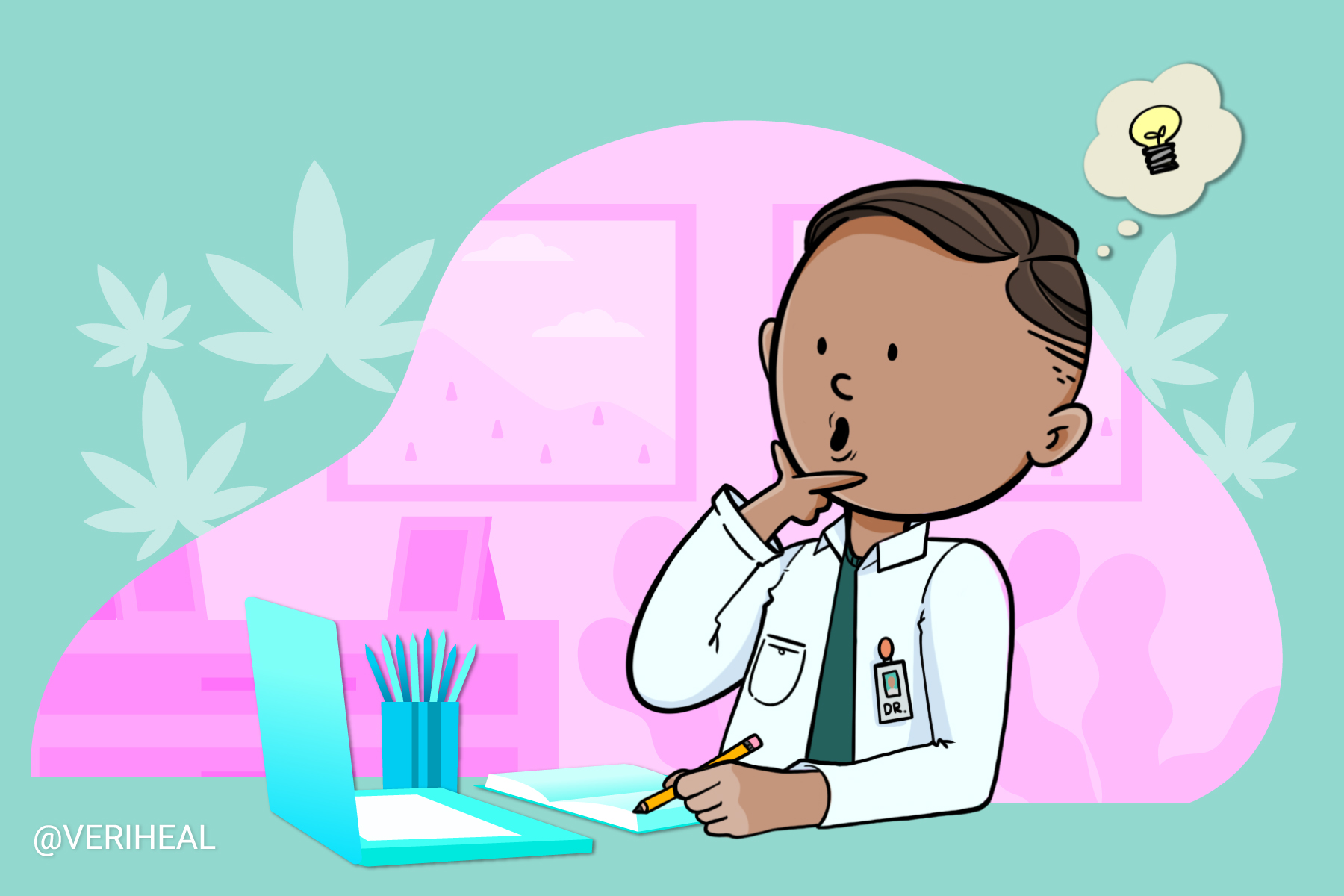South Dakota and Mississippi are among the recent states to pass initiatives that legalize cannabis. Another legalization win for cannabis is good news, but are the physicians in these notoriously anti-cannabis areas prepared and up for the task? Physicians and other healthcare professionals will need to improve their cannabis education in order to objectively answer patient questions and concerns, administer cannabis-based therapeutic programs and write cannabis prescriptions as well as assist with a necessary shift in attitude towards cannabis.
In states that are known for being against cannabis, it is only natural for the citizens to have mounting questions and concerns. These weary citizens and potential patients will turn to their physicians in order to get clarity and reassurance on the safety and efficacy of cannabis, which is why experts have “cautioned healthcare workers in South Dakota and Mississippi to be prepared for patients’ questions about cannabis, and to monitor patients who are consuming cannabis separately” according to MedPage Today. One of the best manners to improve education on cannabis is through online sources since they can be accessed remotely and since online sources are flexible enough to fit into the busy schedule which belongs to physicians.
Dr. Bryon Adinoff, a clinical professor at the University of Colorado School of Medicine, stated that “this is not all smoke and mirrors” and that there is a lot of data available which includes anecdotal and systematic evidence collected during research and studies. Medical professionals need only to look towards the right place on the internet in order to access a wealth of education on cannabis-despite the fact that there is still much more we need to learn about the plant. Let’s have a look at some of the sources physicians, and other healthcare professionals can use to improve their cannabis education.
Online Sources to Improve Cannabis Education
This online institution offers accredited courses for healthcare professionals who want to learn more about medical cannabis. They offer state-specific training, physician training as well as pharmacology & dosing training.
The University of Vermont offers a 7-week online course specifically aimed at physicians, dispensary personnel, nurse practitioners, pharmacies, physician assistants, and regulators. However, this course is a non-credit professional certificate.
This online platform also offers a professional certificate in medical cannabis and is pending its accreditation. This platform is also aimed at healthcare professionals who wish to bridge education to include medical cannabis.
Other Online Resources
Up until now, options for improving cannabis education have been through courses on e-learning platforms. However, healthcare professionals, including physicians, can also make use of reputable publication sites in order to expand their cannabis education. These other sources will include the following and will not offer a certificate of completion, but rather allows the medical professional to follow the research itself. These other online sources for improving cannabis education include:
E-books
The following books are available in electronic form and are aimed at medical professionals and medical students who wish to understand more about cannabis.
*Please note that these are merely suggestions that are aimed at guiding healthcare professionals towards finding valuable online resources for expanding their understanding of cannabis.
The Value in Furthering Cannabis Education
Karen O’Keefe, director of state policies with Marijuana Policy Project, explained that patients need to be able to discuss cannabis consumption with their physicians- which means that the physicians will need to be in a position where they can do so easily. She also went on to stated that physicians must understand and accept “that this is a reality now, and for many people, it’s had a dramatic improvement on their quality of life”.
Dr. Adinoff explained that one of the issues currently faced by the fact that cannabis is still federally illegal, is that physicians cannot prescribe specific products, they can only recommend cannabis in general. Whether this is due to a lack of cannabis education or from restrictions imposed by the federal government, it would be best for the sake of the patients if the physicians could be better educated, equipped, and involved.
However, there to counter the arguments made in favor of medical cannabis and in favor of physicians improving their cannabis knowledge is Kevin Sabet. Mr. Sabet is the CEO of the policy firm Smart Approaches to Marijuana and he stated that “medicine isn’t a popularity contest; it’s not determined by vote but that’s what happened in these states”. He made this statement in his attempt to counter medical cannabis when he explained that cannabis may have medical properties but it needs to have FDA approval, just like any other medicine or drug. Despite such a naive stance (in my opinion), there is an ever-increasing availability of resources available for physicians and healthcare professionals to learn from.
Author, Share & Comments
















